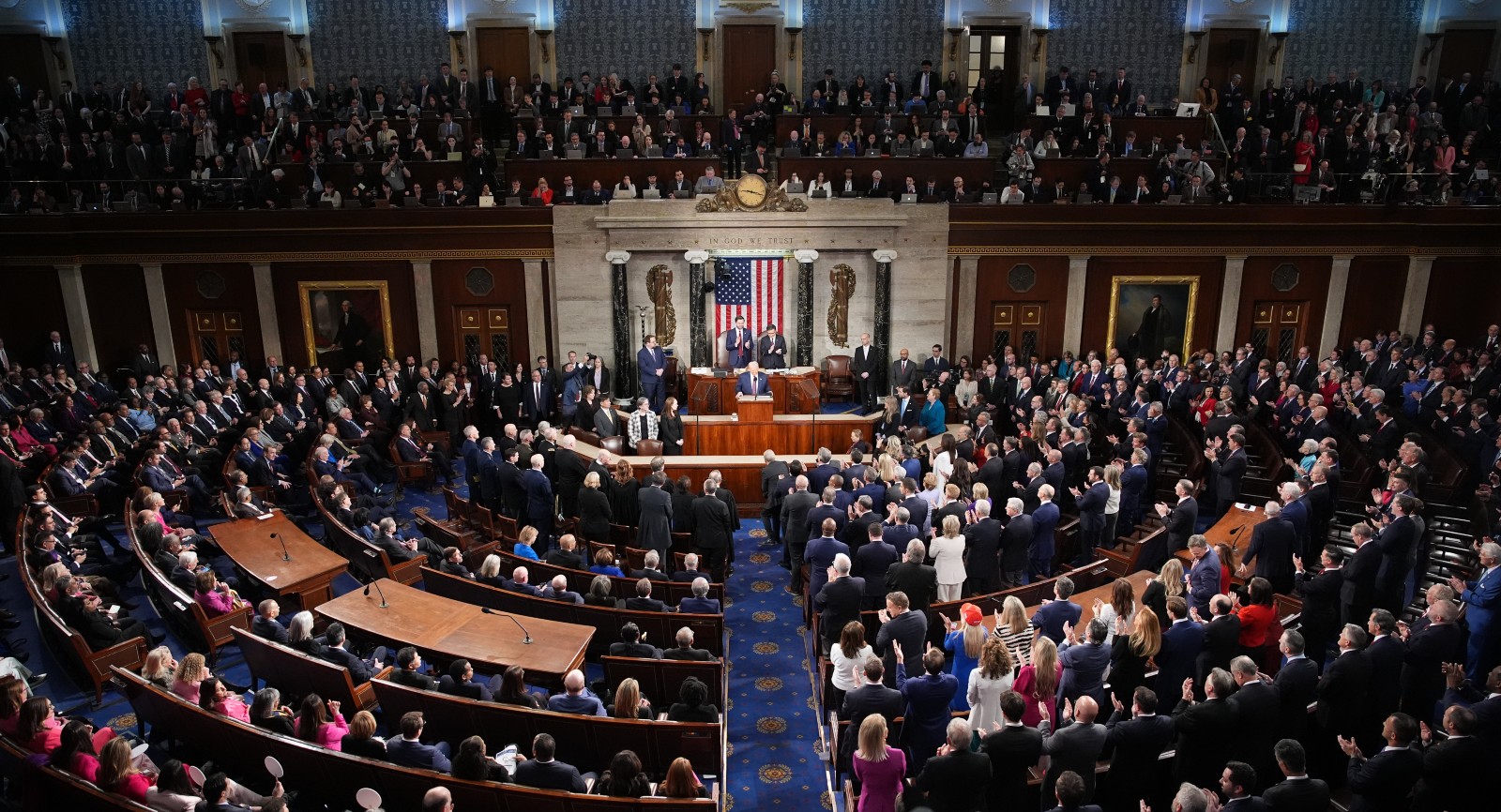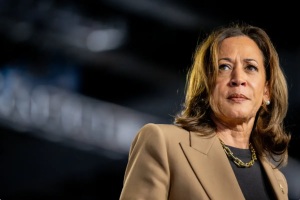Kelly Loeffler Confirmed as Head of the SBA: A Pivotal Moment in Federal Reform
In a dramatic Senate vote that drew national attention, Kelly Loeffler was confirmed as the head of the Small Business Administration (SBA) with a narrow 52–46 margin. The vote, which saw one Democrat break ranks and two Republicans abstain, underscores the contentious political climate and the significance of Loeffler’s appointment. This confirmation marks a key moment in the Trump administration’s broader push for government efficiency and fiscal reform, and it brings the cabinet’s membership to a total of 18.
Loeffler’s confirmation reflects a political flashpoint: a debate not only about her qualifications but also about the direction of federal economic policy. Her appointment has implications that reach far beyond the SBA, touching on themes of waste reduction, support for small business, and the future of federal spending. For Republicans, it’s a step forward in advancing their reform agenda; for Democrats, a challenge to craft a compelling counter-narrative.
A Shifting Landscape: Politics and Policy in 2025
The timing of Loeffler’s confirmation is crucial. As the country continues to grapple with inflation, sluggish small business growth, and federal budget concerns, calls for reform are louder than ever. Both parties have voiced frustration over inefficiencies in federal agencies. Against this backdrop, Loeffler was positioned as a candidate who could bring a business-minded approach to the SBA, emphasizing efficiency, deregulation, and fraud prevention.
Her confirmation hearing offered insight into her vision. Loeffler pledged to prioritize cutting red tape, reducing taxes, and supporting domestic energy development. She presented herself as a steward of taxpayer dollars, committed to accountability and transparency. Symbolically, she promised to donate her annual salary—over $200,000—to charity, a gesture echoing her previous Senate practice. This move, though largely symbolic, was intended to communicate a commitment to public service and reform.
Loeffler’s Background and the Politics of Confirmation
Loeffler, a former U.S. senator and business executive, brings significant financial industry experience to the role. Her tenure as an executive at Intercontinental Exchange, coupled with her husband’s leadership of the New York Stock Exchange, has drawn both praise and criticism. Supporters argue that her experience equips her to lead the SBA with practical insight into the needs of American businesses. Detractors, however, worry that her ties to Wall Street signal an approach that favors deregulation at the expense of oversight.
The confirmation vote was closer than many expected. While a majority of Republicans supported Loeffler, two—Sen. Jerry Moran and Sen. Dan Sullivan—chose to abstain, signaling potential unease within the party. Meanwhile, Democrat Sen. Jacky Rosen broke ranks to support Loeffler, citing a shared commitment to improving support for small businesses. Her vote suggests that despite partisan divides, issues like entrepreneurship and government efficiency can unite lawmakers—at least occasionally—across party lines.
Divided Reaction, Unified Stakes
Reaction to Loeffler’s confirmation has been sharply divided. Conservative media celebrated her appointment as a win for fiscal responsibility and a blow to bureaucratic bloat. They highlighted her promise to modernize the SBA and enforce stricter accountability measures. Her business experience and past support for Trump-era economic policies made her a popular figure among Republicans advocating for leaner federal operations.
On the other hand, progressive and centrist critics have voiced deep skepticism. Many cite her past political positions and support for controversial economic policies as cause for concern. They question whether she will prioritize small business interests over those of large corporations and financial institutions. The narrow vote margin and partisan division suggest that public confidence in the appointment remains split.
Implications for the Trump Administration and the 2026 Midterms
Loeffler’s confirmation represents more than a personnel change—it’s a strategic move with electoral and legacy implications. For the Trump administration, it reinforces their commitment to an “America First” approach centered on deregulation and conservative economic reform. The SBA, under Loeffler, is expected to become a flagship agency in demonstrating how these reforms can be translated into measurable outcomes.
Looking ahead to the 2026 midterms, the confirmation serves as a preview of the political narratives each party may pursue. Republicans will likely tout Loeffler’s appointment as proof of their ability to govern efficiently and responsibly. They aim to appeal to independent and fiscally conservative voters disillusioned with what they see as Democratic overreach.
Democrats, meanwhile, face the challenge of presenting a coherent alternative that embraces reform without compromising social equity. Internal divisions exposed by the confirmation vote suggest that finding consensus within the party on issues of government spending may be difficult. However, the party’s ability to unify around a vision of reform that resonates with working-class voters could prove pivotal in the next election cycle.
The Road Ahead: Reform, Trust, and Governance
At its core, the debate surrounding Loeffler’s confirmation is about more than politics—it’s about public trust in institutions and the role of government in promoting opportunity. The future of federal reform hinges on the ability to balance fiscal responsibility with equitable service delivery. For Loeffler and the SBA, the challenge will be to implement changes that reduce inefficiencies while maintaining access to essential support for small businesses, especially those in underserved communities.
The appointment also raises broader questions about the role of leadership in institutional reform. Can a figure like Loeffler, with her strong partisan ties and corporate background, rally bipartisan support for change? Or will her tenure deepen existing divides? Much will depend on her execution of promised reforms and the tangible outcomes experienced by small businesses.
As the political environment continues to evolve, the importance of institutional transparency and effective governance will only grow. Whether Loeffler’s leadership proves transformative or divisive, her confirmation marks a turning point in the national conversation about how best to manage public resources.









